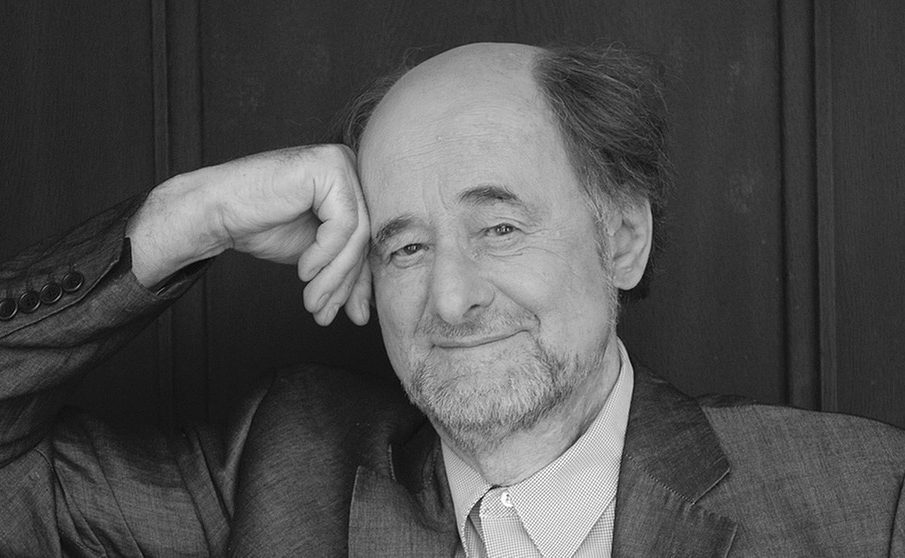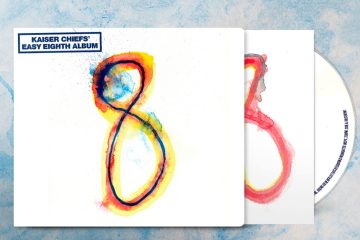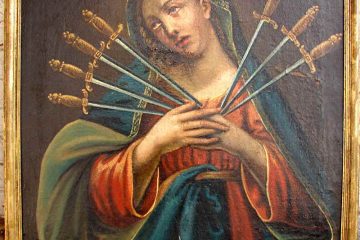The Legacy of Sir Roger Norrington in Classical Music

Importance of Sir Roger Norrington
Sir Roger Norrington, a British conductor renowned for his interpretations of classical music, has profoundly influenced the world of orchestral performance. His innovative approach to conducting has redefined the boundaries of historical performance practice. Norrington’s emphasis on the importance of period instruments and historically informed interpretations has garnered attention and respect in the classical music community, making it vital to celebrate his contributions as he enters a new phase in his career.
Career Highlights
Born on March 29, 1934, in London, Sir Roger Norrington began his musical journey as a cellist before shifting his focus to conducting. He founded the London Classical Players in 1978, an ensemble dedicated to performance on period instruments, which paved the way for greater authenticity in classical music performance. Norrington has worked with world-renowned orchestras, including the London Symphony Orchestra, the Royal Philharmonic Orchestra, and the Scottish National Orchestra, earning acclaim for his interpretations of works by Beethoven, Mozart, and Haydn.
Recent Events and Recognition
Recently, Norrington was celebrated at various concerts marking his 90th birthday. Music lovers and scholars gathered to pay tribute to his groundbreaking work in the field, showcasing the enduring impact he has had on both musicians and audiences alike. Several major orchestras have included special performances of his conducted pieces, illustrating the loving respect the classical community holds for him. In addition, Norrington has been instrumental in mentoring the next generation of conductors and musicians, ensuring his legacy carries forward.
Contributions to Classical Music
Norrington’s approach to conducting encourages ensembles to engage with the music’s historical context, thus creating a more authentic listening experience. By prioritising clarity and rhythm, he has revitalised numerous classical works, infusing them with fresh perspectives. His work with the London Classical Players has been particularly significant, demonstrating that modern performances can honour historical integrity while reaching contemporary audiences.
Conclusion and Future Outlook
As Sir Roger Norrington steps back from the podium, emerging conductors and musicians will continue to benefit from his teachings and philosophies. His dedication to period authenticity and innovative conducting techniques has not only enriched the art of orchestral performance but also inspired countless individuals to explore classical music’s depths. As the landscape of classical music evolves, the principles laid down by Norrington will undoubtedly remain relevant, ensuring that the maestro’s influence endures for years to come.







